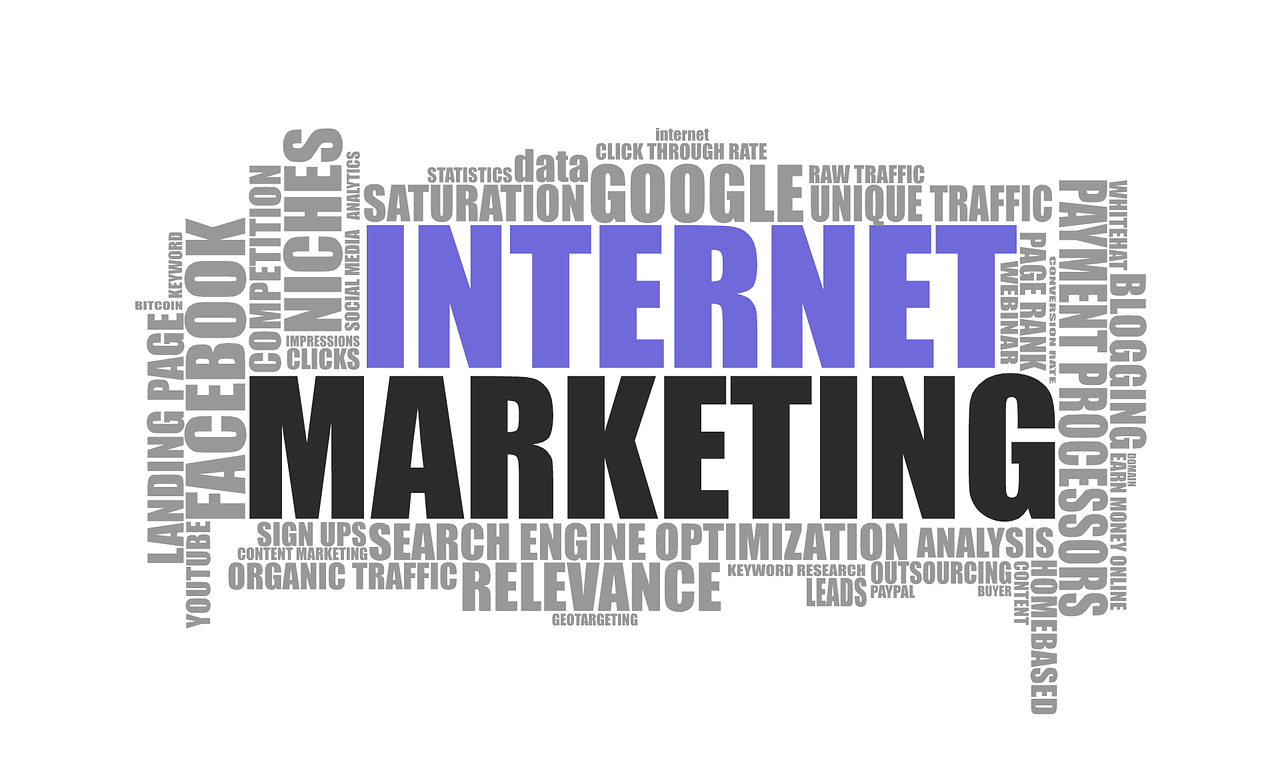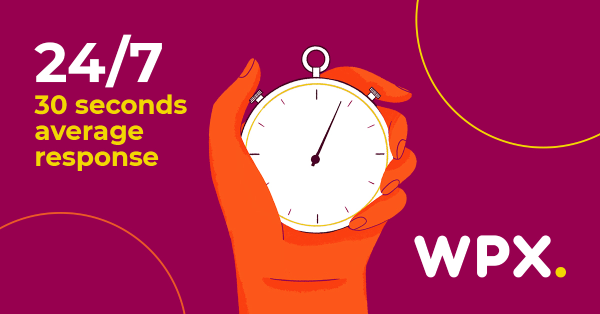
Marketing has proven to be the most successful method for attracting potential audiences and nurturing positive relationships with our existing audience.
For a considerable period, marketeers have employed various tactics and strategies to attract customers. However, with the advent of digital transformation, marketing strategies have evolved into internet marketing strategies, leading to a multitude of new strategies that have resulted in significant transformations.
These tactics are deemed prudent in presenting the brand’s image to both existing and potential customers. Keep reading to grasp the concept of internet marketing and the various strategies utilized to promote a product or service.
What is internet marketing
Internet marketing is the process of promoting a business or brand and its products or services over the internet. It involves using essential tools to help increase traffic, leads, and sales. This term encompasses various marketing tactics and strategies such as content, email, search, paid media, and more.
However, internet marketing is not solely pursued by businesses for the purpose of selling goods and services or advertising over the internet; its primary goal is to achieve these objectives.
Online marketing serves various purposes. It can be employed by a company to promote its brand or engage in research. Additionally, it can help identify a target audience, understand their preferences, nurture customer relationships, and establish industry expertise.
Internet marketing undergoes rapid and continuous development, necessitating online businesses and marketers to stay informed about system modifications. Internet marketing comprises two components.
B2B refers to business to business e-commerce, where companies sell their products and services to other companies using the Internet.
B2C refers to the process where businesses sell their products and services directly to consumers through the Internet.
Types of internet marketing strategies
1. Web design??
When it comes to web design, we typically don’t view it as a marketing tactic. However, it is crucial to note that your website often serves as the initial point of contact between your company and potential customers. Hence, it is imperative to create a positive and memorable initial impact. Consequently, even if you invest a significant amount of time in devising strategies, their effectiveness may be undermined if your webpage lacks a tidy, readable, and engaging appearance.
Despite having the capability to design it yourself, hiring someone to create a modern, attention grabbing, and mobile-friendly website is still crucial in order to prevent customer loss.
2. Use search engine marketing and optimization
Search engine optimization and marketing play a role in improving your enterprise’s visibility in search engine results.
By implementing a strong search engine optimization strategy, the content on your organization’s website becomes relevant to the keywords used for searching your services. Consequently, the chances of your organization being selected by individuals after conducting an online search are heightened.
On-page search engine optimization pertains to any optimization performed on your website. This may involve enhancing the speed of your web pages, incorporating keywords into your URLs, page titles, and headings, and generating and updating content related to your products and services.
Off-page search engine optimization, however, pertains to optimization that occurs outside of your website. This typically involves the inclusion of backlinks to your website from other reputable sites.
Both on-page and off-page search engine optimization can help improve the ranking of your website in search results and ultimately help you attract more customers and generate more online sales.
3. Pay-per-click advertising
The Pay per Click (PPC) model is widely used in online advertising. Marketers use PPC to bid for sponsored links on search engines for specific keywords and phrases. If your bid for a particular keyword is high, your ad will be displayed above the organic search results when users search for that keyword.
PPC offers the advantage of immediately sending relevant and qualified traffic to your website once your ads are clicked. In addition, it is a profitable strategy as you only incur costs when people click on your ads.
By thinking step by step, you can rephrase the text below while keeping the same meaning: This allows you to prevent the expenditure of money on contacting individuals who have no interest in your products and services. Moreover, PPC enables the creation of remarketing advertisements to target individuals who have previously displayed interest in your products, serving as a gentle reminder of what they viewed on your website.
If someone adds a product to their online shopping cart and leaves without making a purchase, remarketing can be used to show them similar ads. They are followed while browsing other websites, motivating them to return and complete the purchase.
4. Reputation marketing
The process of reputation marketing involves utilizing press releases, social media, and customer review platforms to cultivate a favorable image of a company. In specific sectors such as the travel industry, online referrals and reviews have gained significant significance over time.
The process of reputation marketing includes creating a unique brand, motivating customers to share their reviews, and promptly addressing customer concerns or complaints on social media and review platforms.
This method of building trust with potential clients demonstrates that your business values their needs, questions, and concerns, making it an excellent approach.
5. Search engine marketing (SEM)
SEM, which stands for search engine marketing, involves the utilization of paid search, specifically Pay Per Click ads, to obtain website traffic. Historically, SEM served as a comprehensive term encompassing both SEO and paid search.
According to Search Engine Land, as the digital marketing industry developed, the term SEM gradually ceased to be used for both forms of internet marketing strategies, and now usually pertains solely to paid search activities over time.
6. Content marketing
According to Moz, content marketing involves the development and dissemination of pertinent, valuable content in order to engage with customers and accomplish marketing objectives.
The main focus of content marketing strategies is to communicate with customers instead of just selling products. This involves consistently delivering content that educates, entertains, or offers value to customers, with the aim of attracting and retaining a specific target audience.
Content includes a wide range of information formats that are shared online, including blogs, videos, podcasts, infograms, social media posts, and more. Top-notch content is important for various online marketing strategies like SEO, PPC, social media marketing, email marketing, and others.
7. Social media marketing
Social media marketing refers to the utilization of social media platforms and websites for the purpose of promoting your business and establishing a connection with customers. It should be noted that social media marketing does not always result in driving sales, but instead focuses on enhancing engagement, creating links, increasing customer awareness of content, and establishing a unique brand identity.
8. Email marketing
Email marketing is considered to be one of the most cost-effective forms of digital marketing strategies available.
Email marketing is frequently considered to be a superior alternative to direct mail marketing since it enables the instantaneous communication of newsletters, advertisements, or reminders to a vast customer network. Email marketing can highly focus on particular target audiences by utilizing demographics and additional information to organize lists and attain optimal outcomes.
9. Influencer marketing
In 2018, it is anticipated that influencer marketing will gain more popularity as it is considered one of the latest internet marketing strategies.
When influencers, who have a significant social following, are compensated for endorsing your company’s products or services, this marketing tactic can yield great results for certain companies, particularly when these influencers align with your company’s values and appeal to your customers.
10. Affiliate marketing
Affiliate marketing involves the act of promoting or advertising the goods or services of other companies in order to receive a commission. This type of marketing typically includes promoting products through a blog or video, or displaying advertisements on your website. A payment is received for each sale that occurs via the links you provide.
11. Retargeting
If a person visits your website through various paid advertisements but does not make a purchase and leaves, it should be ensured that they are later targeted with specific ads displaying the same product they had shown interest in.
By utilizing this approach, individuals are bombarded with advertisements featuring the particular product, which ultimately entices and prompts them to make a purchase. This technique, commonly referred to as retargeting, is employed when the target initially visits the website based on their interest, but subsequently departs without any engagement. We then strive to recapture their attention by reminding them of their interests.





